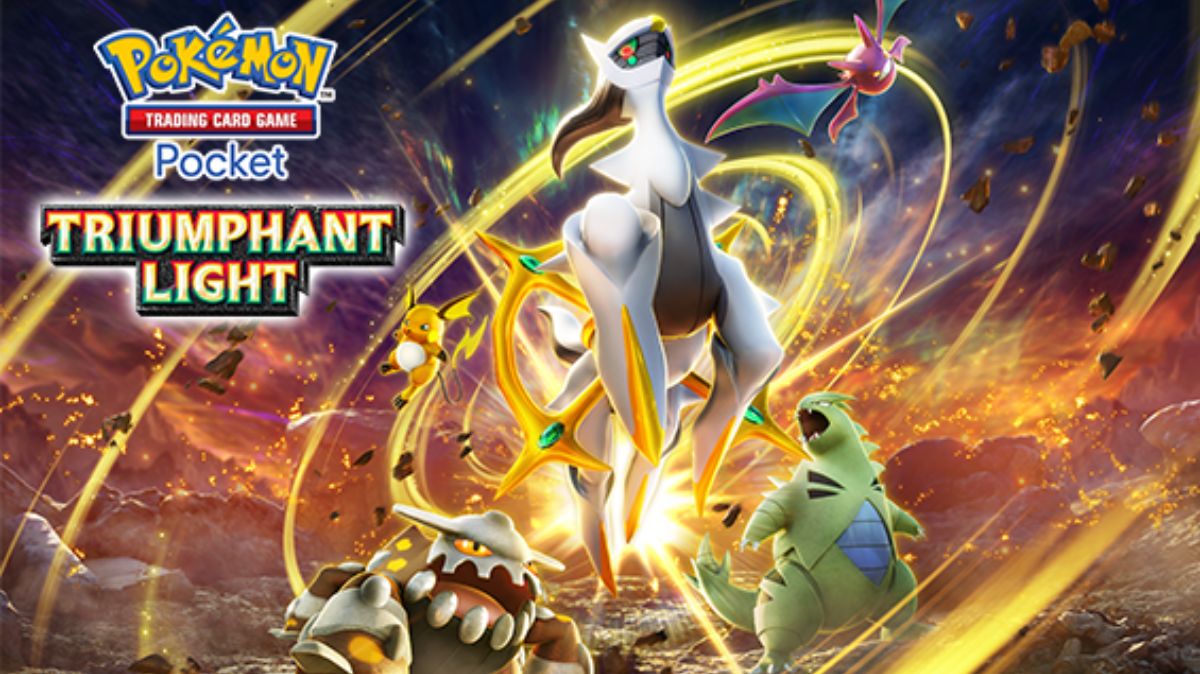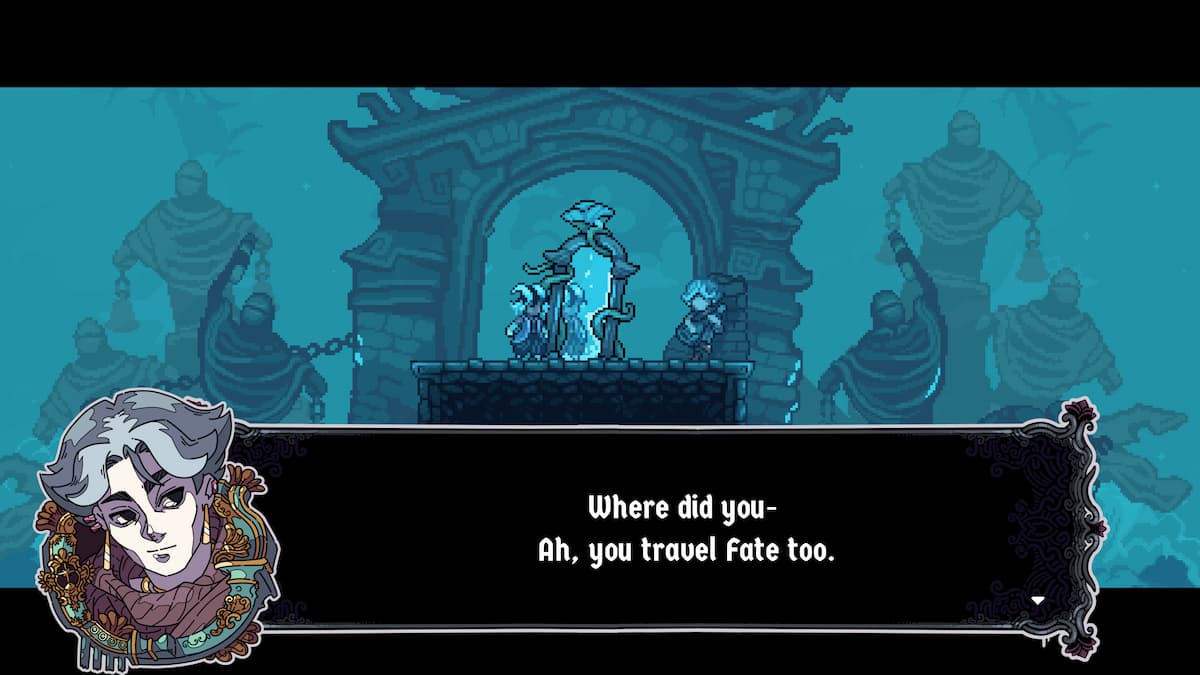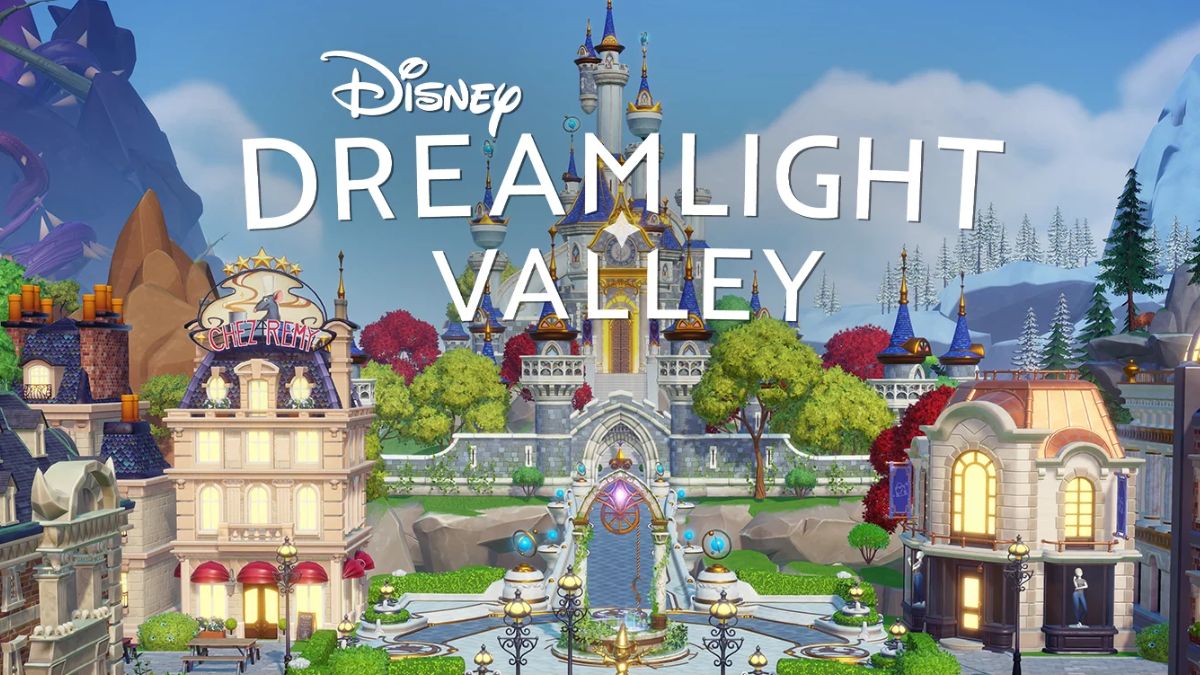Log in
Create a GAMURS Account
Choose a username
Choose a unique username using 3-30 alphanumeric characters.
Choose your preferences
Choose how we communicate with you, opt out at anytime.
Check your email
An account confirmation link was sent to your email. Don't forget to check your spam!
Forgot password
Enter the email address you used when you joined and we'll send you instructions to reset your password.














